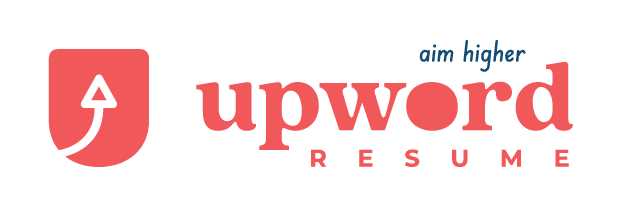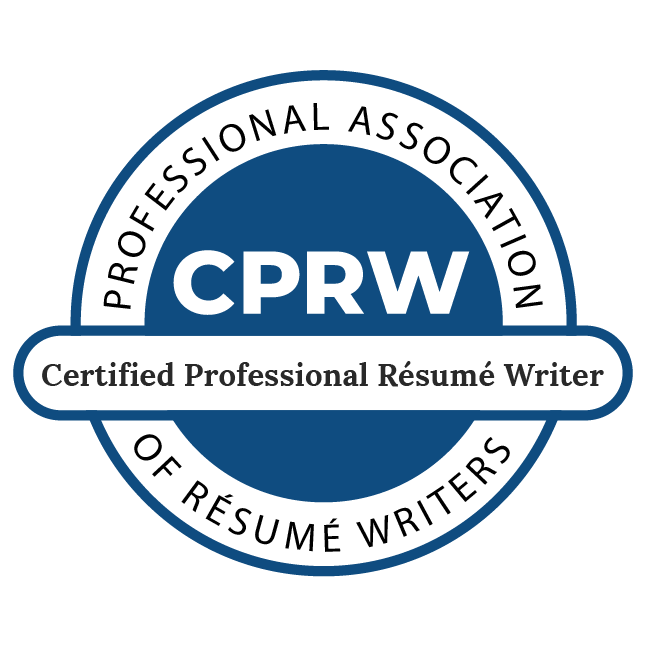With the economy and job market in flux, many professionals are looking to make a career transition. This can be a smart move to keep your skills and experience in line with the career market.
A career transition can mean shifting an existing skill set into a new industry niche (for example, bringing your advertising expertise from an engineering firm to an IT firm), or it can mean re-purposing your skills for a new functional role (for example, leveraging that advertising background to land a role in account management).
But in a competitive job market, how do you catch the attention of a hiring manager when your prior experience doesn’t exactly match up with your job target?
Here are some key things you can do in your job search and on your resume to ensure you are presenting your previous work experience in the best way for a new job.
1. Research the Company Culture at your Target Companies
Researching target companies is always a smart job search strategy. But it’s even more important when you’re planning a career change. While employers value experience, Michele Ygoa, a recruiter for a large tech company, says that’s not the only thing they’re looking for.
“Company culture and personality fit is sometimes just as important as a skill set fit. If someone is lacking in a few qualifications but has a fantastic attitude and will jive well with the team and company values, we are much more inclined to bring that individual on over someone who fit all qualifications perfectly but had a negative attitude and didn’t mesh well with their team. I would say alignment with our company values is the most important across departments.”
Researching a company helps you understand their corporate values, needs, and goals. You can then use your resume to pitch your skills and experience in a way that shows how you fit into that picture.
One important part of researching a company is identifying its industry lingo. According to Monster, “In different fields, people talk differently. Use their lingo so you sound like an insider, and not someone just knocking on the door asking to be let in.”
“Making sure that someone comes into an interview ready to discuss the differences in industry and how they are able to adapt is going to be key,” says Ygoa.
2. Build a Narrative
Once you understand the company or industry you’re transitioning into, it’s time to build a narrative across your resume, cover letter, and LinkedIn profile. Show recruiters and hiring managers why they should take a chance on you.
Rebecca Fraser-Hill writing for Forbes says:
“Rather than a set of bullet points, recruiters and hiring managers are looking for the story behind your career change.”
She recommends building a narrative about why you’re transitioning, what skills are transferable, which experiences relate directly to the role, and how you’ll help the company succeed if they hire you.
Develop an arsenal of success stories that showcase the results you can offer. These make for great resume content and excellent interview talking points.
3. Focus on Transferable Skills
Transferable skills include soft skills such as communication, leadership, problem-solving, and adaptability, as well as functional skills such as relationship building, project management, and team leadership. While many skills developed in the hospitality industry may not line up perfectly with the tech industry, for example, these types of transferable skills will carry over and become an asset in any role.
Look beyond your past employment for ways to highlight transferable skills. Don’t shy away from including expertise developed through hobbies, volunteerism, internships, side gigs, and training.
How do you know which skills to highlight? Your company research and analysis of target job posts should help answer this question. Harvard Business Review recommends:
Highlight “only the accomplishments most relevant to the new type of work you’re seeking. Make those accomplishments concrete by noting the problem you solved, how, and the specific results you generated.”
4. Narrow your Target
Some job seekers want to keep their options open. They conclude that the more broadly they focus their resume, the more likely they’ll land a job.
In fact, the opposite is true. If you try to keep your resume relevant to any job, it actually comes off as relevant to no jobs.
Many job seekers want to position themselves as someone who is a fast learner, but that approach can backfire. Fraser-Hill says:
“To be most effective in making a major shift in your work, you need to get super specific about what you want to do. A narrow focus would look like, ‘I’m looking to do employee retention work within HR, drawing on my skills of X and Y that I gained doing Z,’ rather than ‘I want to work in HR, in any capacity, because I’m a fast learner and can do anything!’”
Most companies are looking for candidates who can hit the ground running rather than candidates who need time investment in training. Use your resume to highlight the key transferable skills that show hiring managers that you can make an immediate impact.
5. Optimize your LinkedIn Profile
Recruiters use LinkedIn as one of their primary vehicles for sourcing job candidates. That means your LinkedIn profile is one of your best options for communicating your value. “Recruiters and leaders are on LinkedIn daily,” says Patane. “It’s important to put on your LinkedIn profile or on your resume what you’re looking to get into.”
Utilize your headline, summary, and past job experience to communicate your career narrative and the transferable skills that hiring managers value. Brainstorm the search terms recruiters might use to locate professionals in your target field, and make sure those keywords are integrated into your profile, especially in the Headline, About, and Skills sections.
Use LinkedIn to build out your network with professionals in your target career area. You’ll gain industry knowledge as well as potential allies. Fraser-Hill says:
“There’s no way around networking to make a career change happen. When you’re making a big shift in career, someone is going to have to take a chance on you. You’re untested and that’s a lot to ask of any employer. Networking is the only way to create the trust that’s necessary to earn your first break.”
Planning a career transition can feel overwhelming. Get started on the right path by following these steps and optimizing your resume and LinkedIn profile for the jobs you want.
For expert help tailoring your resume for your new career, work with the pros at Upword Resume. They can help you create a targeted resume, cover letter, and LinkedIn profile that will open doors for the next phase of your career.


